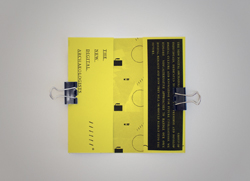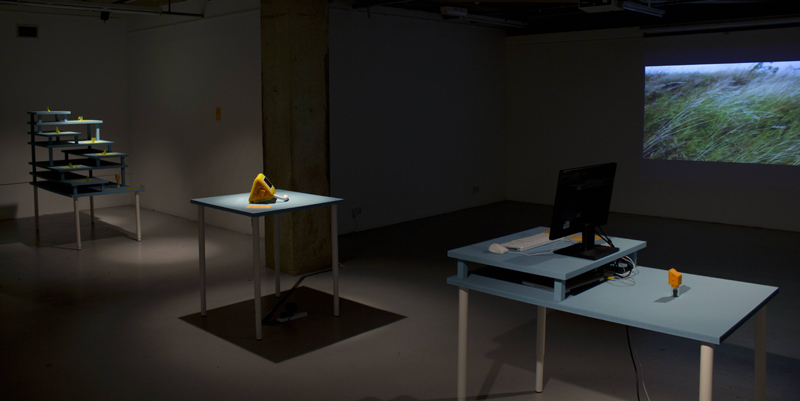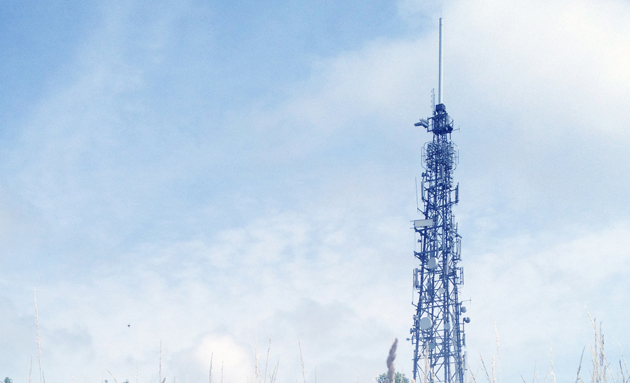Rumours say that NASA is buying used floppy drives off ebay in order to read their own data that was collected in the 70s/80s. The question is: What will remain of our digital lives in five hundred or a thousand years time and will anyone be able to read the memory from ancient hardwares and file formats.
The New Digital Archaeologists are a group of individuals, dedicated to the idea to preserve and develop digital culture and knowledge for future civilizations. They explore new/alternative approaches to handling our own digital remains and how they will or should remain into the future. Looking at our current state of reality, we see an intertwined environment that consists of many different physical as well as digital layers. We have access to those digital layers (social media, gps, augmented realities,...) through the interfaces of physical devices. Smartphones, laptops and even ATMs allow us to access and navigate a complexity and amount of information that has never existed before.
The rapid development of these technologies during the last century, as experienced by the researchers of NASA, raises the question whether new digital technologies live long enough to create artifacts still accessible in the future. While the lifespan of specific technologies is decreasing, the potential density of information is rapidly growing. Is this evolution occurring so fast that most of our digital content may get lost entirely?
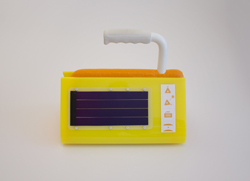
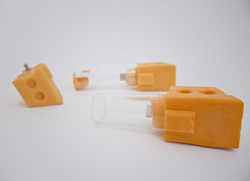

TOOL
This electronic device is The New Digital Archaeologists' attempt to ensure that digital data left behind will be accessible in the future. The device is a tool developed for future archaeologists that can easily read and display digital content from any USB data storage. This prototype is built using durable materials and electronics are intentionally simple to prevent potential damage over time. The tool is sealed in a waterproof container and stored in a safe place to be found.
DATA STORAGE
Data Storage devices are designed by The New Digital Archaeologists to store data over long time frames and preserve it for the future. digital artifacts are stored on solid state USB drives that are sealed to prevent air and water from effecting their condition. Found by a future archaeologist, the stored data allows a glimpse into the digital reality of our time, but only if he is equipped with the right tools to read it.
EXPERIMENTAL RESEARCH APP
The application is designed to experiment with the contexts of digital artifacts and experience the current data streams from a future archaeologists perspective. By combining different online resources linked by common keywords or metadata, the application tries to emulate navigating data without (cultural) context.

